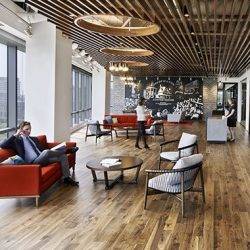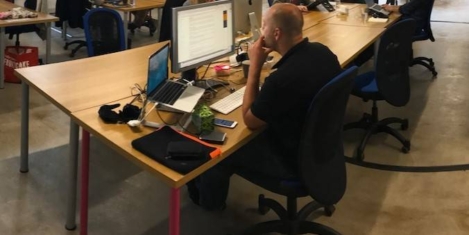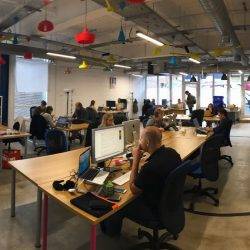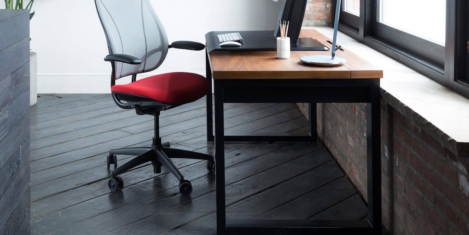January 29, 2018
Financial companies learning to better utilise office space to attract right talent
 Financial services organisations are reducing the amount of commercial office space they require as they adopt more flexible work styles. This is according to a new report from HOK’s US team, The New Financial Workplace, an investigation into the threats and challenges facing the financial services industry, with a special focus on how new technologies like cryptocurrency, biometrics and blockchain are disrupting the sector. Financial services companies are being challenged by the emerging fintech industry, says the report, which is projected to grow to $8 billion in 2018. These traditional companies must adopt the cultures and workplace design practices of the technology industry to stay ahead.
Financial services organisations are reducing the amount of commercial office space they require as they adopt more flexible work styles. This is according to a new report from HOK’s US team, The New Financial Workplace, an investigation into the threats and challenges facing the financial services industry, with a special focus on how new technologies like cryptocurrency, biometrics and blockchain are disrupting the sector. Financial services companies are being challenged by the emerging fintech industry, says the report, which is projected to grow to $8 billion in 2018. These traditional companies must adopt the cultures and workplace design practices of the technology industry to stay ahead.

































January 11, 2018
Culture shift needed to drive a better gender balance in property and construction
by Niki Fuchs • Comment, Property
(more…)